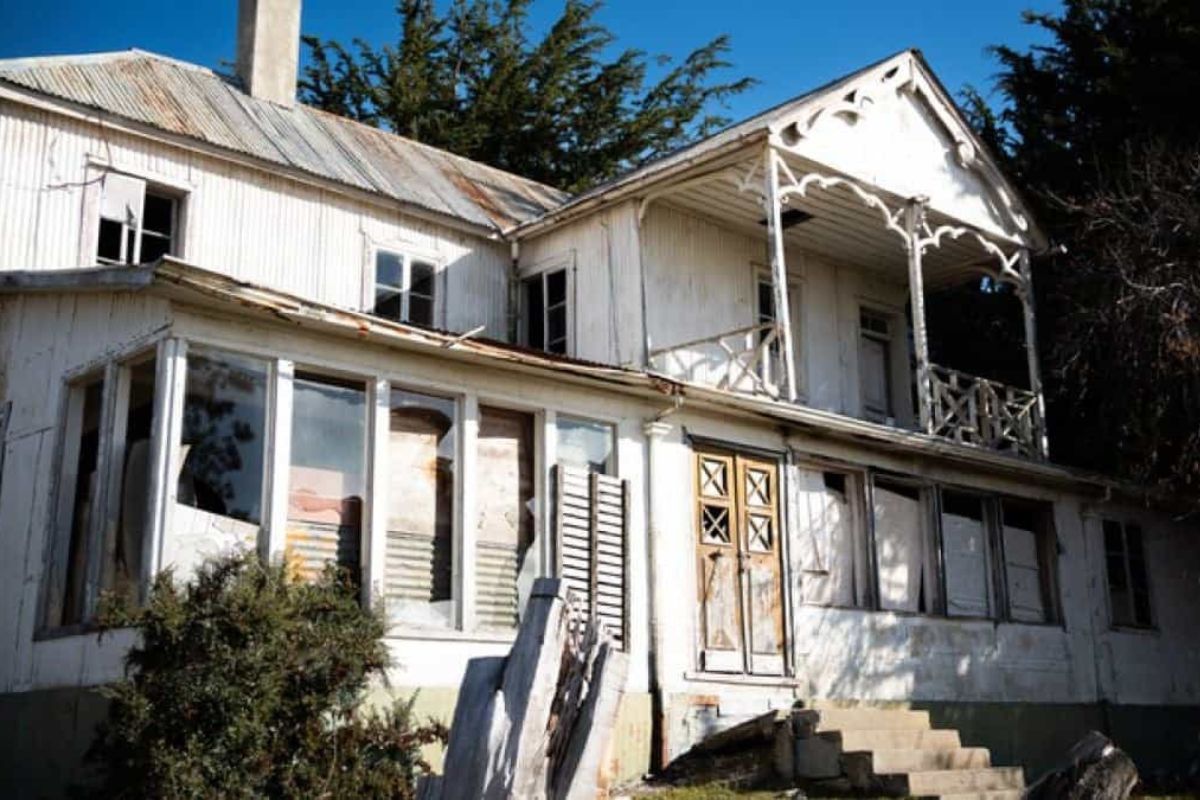Show table of content Hide table of content
When nonagenarian Jacques Martin discovered his home in Poitiers had been squatted for over a year, he never imagined the situation would leave him facing a water bill of €17,000. This shocking case highlights the challenges elderly homeowners face when unauthorized occupants take over their properties, leading to property damage and unexpected financial burdens.
Elderly homeowner’s property nightmare
At 95 years old, Martin found himself in a distressing situation when squatters illegally occupied his Poitiers residence for more than 12 months. While many seniors consider alternative living arrangements during retirement, Martin simply wanted to maintain ownership of his property without incident.
His son initiated complex legal procedures to remove the unwanted occupants, culminating in an eviction request filed in August 2024. Surprisingly, the prefecture rejected this application, claiming insufficient proof that the premises had been taken through trickery, manipulation, or violence.
News This TikToker buys a used van and realizes it has a hidden surveillance device.
Georges Hemery, Martin’s lawyer, expressed frustration to French media: “The prefect denied assistance, suggesting the occupation wasn’t forceful. Now the house is completely uninhabitable.” When the squatters finally departed in February 2025, they left behind a severely damaged and unsanitary dwelling.
Property protection experts recommend various preventive measures against squatting, including regular property checks and security systems. Unfortunately, some determined intruders manage to change locks and sometimes even illegally sublet homes that don’t belong to them, creating devastating situations for legitimate owners.
Water damage and financial burden
The most shocking development in Martin’s case emerged after the squatters vacated—a staggering €17,000 water bill addressed to the elderly owner. Investigation revealed the unauthorized occupants had cut pipes and damaged plumbing, causing significant water leakage throughout the residence.
According to French regulations, utility companies cannot disconnect water services even during illegal occupations or property damage incidents. This paradoxical situation leaves property owners vulnerable to enormous utility bills generated by unwanted occupants.
The municipality of Poitiers typically covers such expenses when legal proceedings move swiftly. However, local authorities denied Martin this assistance, claiming his legal team hadn’t initiated judicial procedures quickly enough—adding insult to injury for the 95-year-old victim.
Similar property disputes have occurred across France, with varying outcomes. In one notable case, property owners who refused to sell their valuable mansion faced different challenges when developers surrounded their home with new constructions.
Legal battles and property rights
Martin’s attorney has scheduled a civil court hearing for June 13th to seek damages resulting from the squatting incident. Hemery also plans to pursue administrative legal channels, arguing that his client faces fundamental injustice.
“The logical counterpart to prohibiting water disconnection should be the community assuming payment responsibility,” Hemery stated. “It’s fundamentally unjust to demand a squatted property owner pay for water consumed by unauthorized occupants.”
News Bat wings after 50? Here’s the most effective exercise, according to a coach.
French property law attempts to balance protecting vulnerable individuals from homelessness while respecting ownership rights. However, cases like Martin’s expose significant gaps in the system. Some community initiatives have emerged to support elderly residents facing housing challenges, such as when a gardener raised substantial funds for an elderly woman in need.
Housing security remains a critical concern across generations. In extreme circumstances, some individuals make desperate choices, as evidenced by cases where abandoned infants have been left at residential doorsteps.
Property protection strategies
Property experts recommend several approaches to prevent squatting situations. Regular monitoring, security systems, and neighborhood watch arrangements can deter potential squatters. Some homeowners install smart surveillance systems that alert them to unauthorized entry attempts.
French communities have developed various strategies to maintain property values and attract legitimate residents. One unique approach saw a French village offering gold bars to new parents to encourage population growth and legitimate housing occupation.
For homeowners facing extended absences, property management services provide supervision and maintenance. Some elderly property owners exploring alternative housing options consider downsizing to more manageable accommodations while maintaining ownership of their original properties.
Animal companions often provide security benefits alongside emotional support for elderly homeowners. Organizations specializing in animal rescue and adoption can match senior citizens with suitable pets that enhance security while providing companionship.
Martin’s case remains unresolved as the legal proceedings continue. His situation serves as a cautionary tale about the vulnerabilities property owners—particularly elderly ones—face when unauthorized occupants take possession of their homes. The judicial system now faces pressure to address these complex property rights issues while providing appropriate remedies for victims like Jacques Martin.


